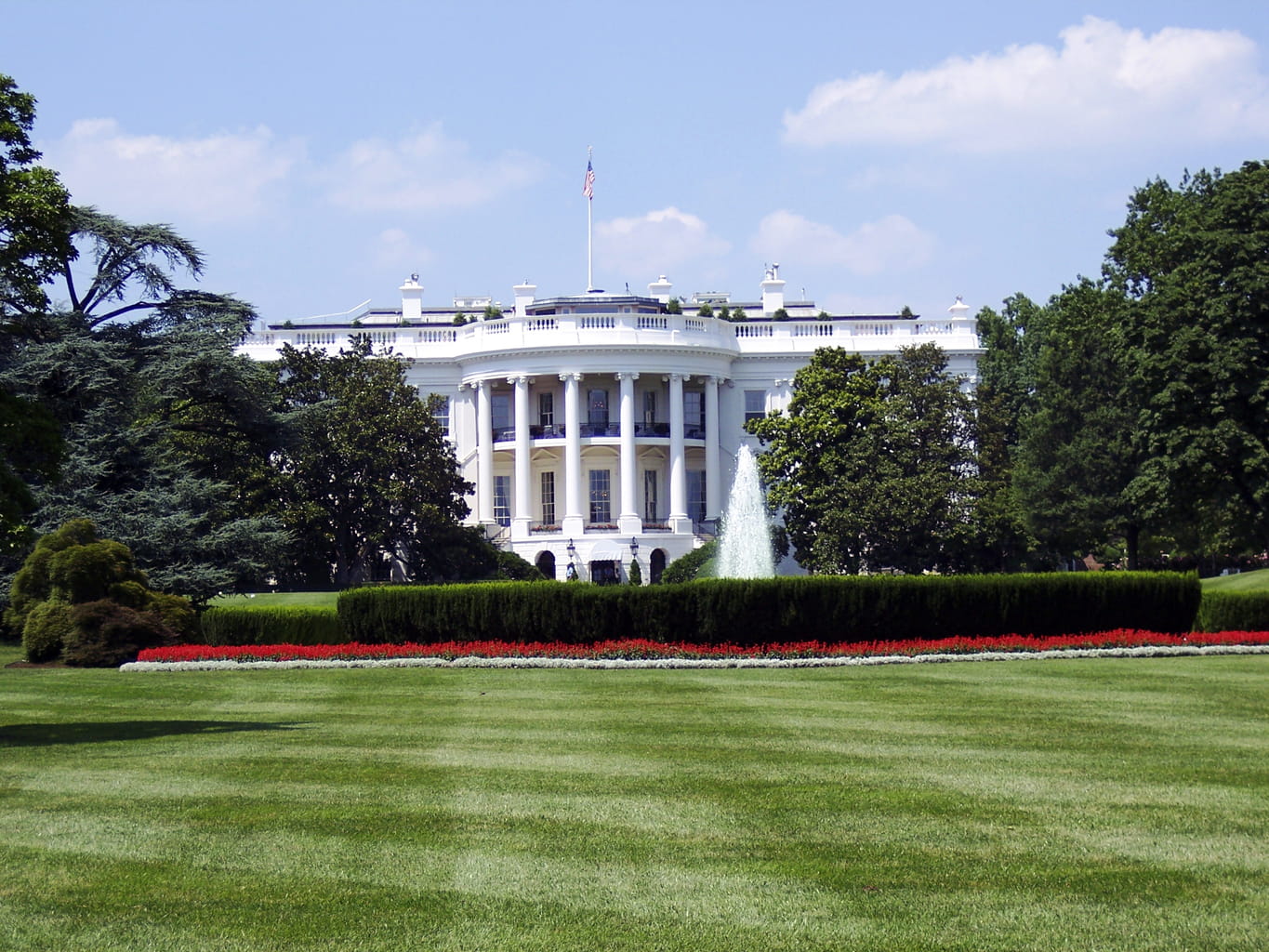COMBINING ACTIVISM WITH CONTENT MARKETING
Patagonia is an American brand that sells sustainable and upscale outdoor clothing and gear. Since its’ inception, the company has developed a unique way of engaging and connecting with their customers. Instead of promoting their products to increase sales, Patagonia focuses on advocating social responsibility.

They build campaigns that concentrate on issues such as sustainability and environmentalism, and fair trade. Patagonia is focused on fostering a social movement rather than just publicizing their brand.
Their mission statement sums their values up best; “build the best product, cause no unnecessary harm, use business to inspire and implement solutions to the environmental crisis.”

Is your #socialmedia strategy socially responsible?
What Patagonia does that is so singular to their brand is to implement what they preach. The company not only takes a stand on various social and political issues, they also convert their rhetoric into action. Patagonia imparts their messages to the public by using various forms of content. Through this, they build a base of ardent supporters who share the company’s values. These people in turn support the company through their purchasing power.

One of the predominant ways Patagonia shares their content with the public is through digital media. In particular, their content centers around non-fiction storytelling.
“@Patagonia marketing strategy is at its core local activism…”
They have a blog The Cleanest Line that shares stories about the products they build as well as creates a dialogue about the various environmental issues the company is concerned with. One of their recent posts was a letter to the United States Secretary of the Interior regarding the importance of protecting the nation’s public lands.

They have also started to produce and support short film projects that spotlight environmental and sustainability issues. The most recent film is titled The Refuge and follows two women from Alaska trying to protect the future of their land from oil extraction and climate change. Patagonia also partners with the podcast Dirtbag Diaries that shares stories about the outdoors.

In conjunction with storytelling, the company also focuses their digital content on political campaigns. Most recently, they created a “I Vote for the Environment” campaign which encouraged customers to register to vote and research their respective incumbents environmental records. The hope was that customers would vote for more environmentally friendly candidates.
They have also posted on their blog about the importance of holding politicians accountable for protecting the environment. Patagonia’s marketing strategy is at its core local activism. However, by involving the company with these issues their brand become more authentic as they are not “all talk-no action”. This forges a stronger bond with their consumers.


In addition to their digital marketing strategy, Patagonia is also transparent about their company’s shortcomings. On their website they have posted the following:
We can’t pose Patagonia as the model of a responsible company. We don’t do everything a responsible company can do, nor does anyone else we know. But we can tell you how we came to realize our environmental and social responsibilities, and then began to act on them. Like other things in human life, it began with one step that led to another.
This level of transparency also furthers their authenticity as well as humanizes their brand. They are not claiming they are the perfect model for a sustainable business, however the point is that they care and that they try. This is a point that all of their consumers can relate to.

They are not claiming they are the perfect model for a sustainable business, however the point is that they care and that they try. This is a point that all of their consumers can relate to.
Beyond this, Patagonia offers their employees a variety of benefits. They allow employees time off to enjoy outdoor excursions such as surfing. In addition, they offer an Environmental Internship Program. Started in 1993, the program allows any Patagonia employee to take up to a two month leave of absence with full pay and benefits to work with an environmental non-profit.